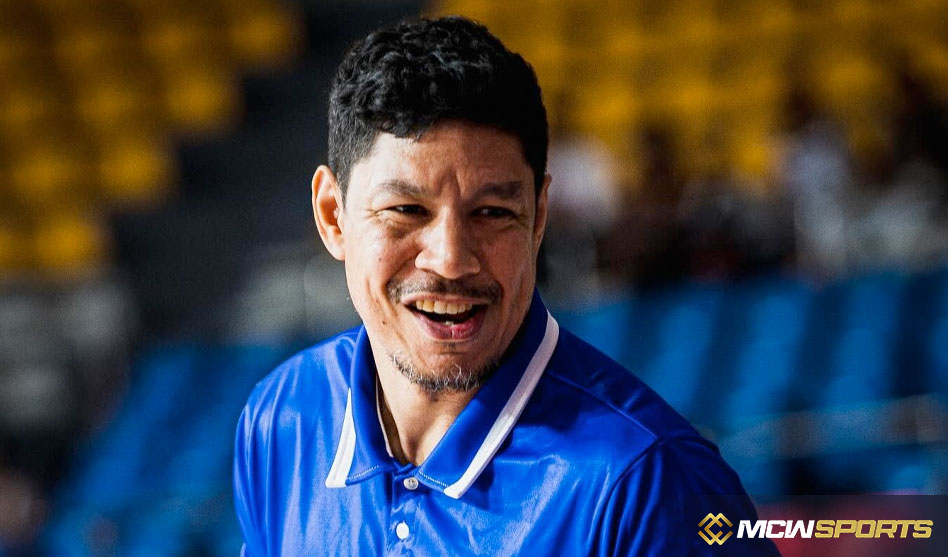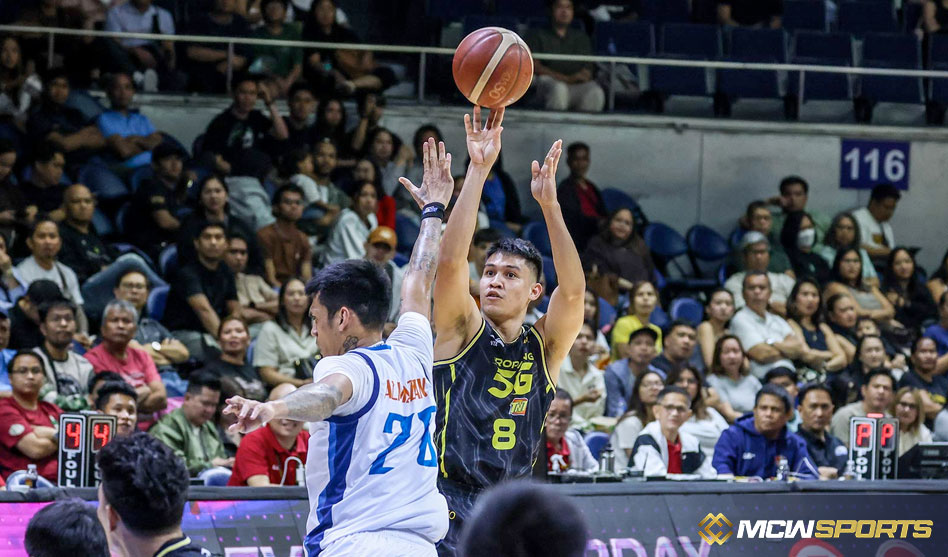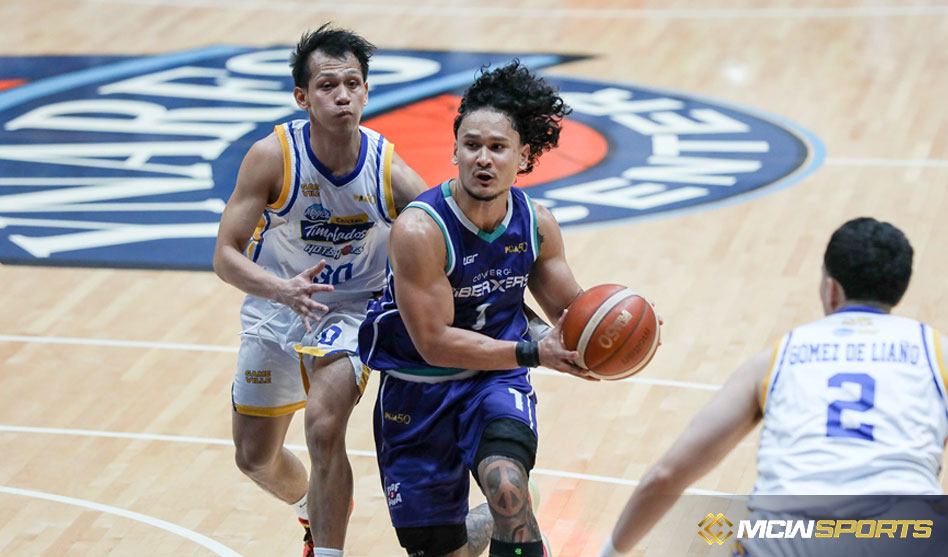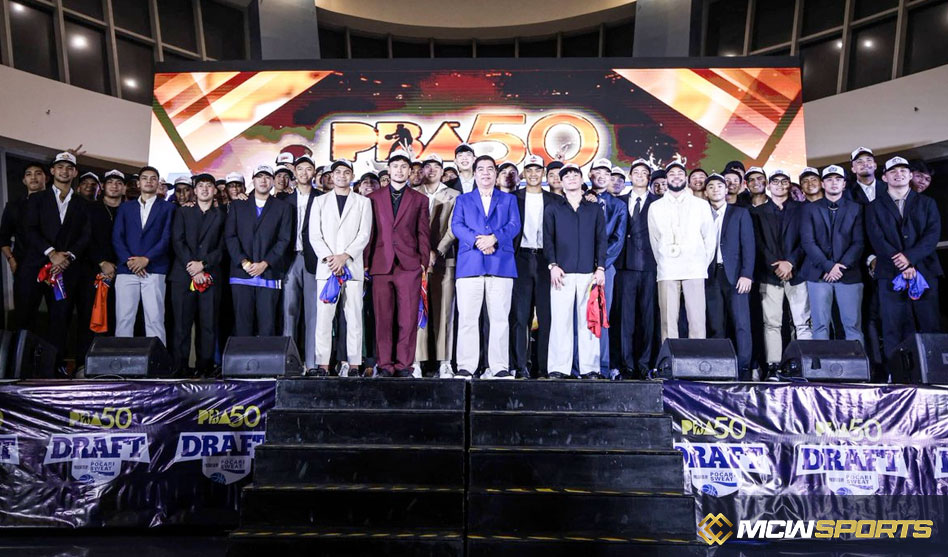The Phoenix Fuel Masters enter the Philippine Basketball Association’s (PBA) landmark 50th season with a sense of urgency and hope. After a disappointing run in Season 49, where the team missed the playoffs in all three conferences, Phoenix is determined to turn the page and chart a new course. Recent moves, particularly a coaching shake-up and the signing of young talent, reveal the franchise’s desire to rebuild and regain its competitive spirit.
The most notable change came with the appointment of Willy Wilson as head coach. A former PBA player who once suited up for Phoenix, Wilson is no stranger to the organization. He played for the Fuel Masters from 2016 to 2018 and later joined the coaching staff as an assistant in 2020. His familiarity with the team and his experience as a PBA champion with Barangay Ginebra give him both credibility and a strong foundation to lead. Wilson takes over from Jamike Jarin, who will now serve as a team consultant, ensuring continuity while allowing for fresh direction on the court.
Phoenix also made headlines by signing Francis Escandor, a rookie guard who previously played for De La Salle University and was drafted 13th overall in 2024. Escandor had limited playing time with Rain or Shine but showed potential that Phoenix hoped to maximize. For the Fuel Masters, his arrival represents more than just roster depth—it is a step toward building a younger, hungrier team with an eye on the future.
These moves follow a season where Phoenix struggled to find consistency. They posted an overall record of just eight wins against 25 losses across three conferences. From a 3–9 showing in the Commissioner’s Cup to a single win in the Governors’ Cup, it was clear the team needed a reset. The shift in leadership and the addition of new blood may be exactly what’s needed to re-energize both the players and the fanbase.
As the PBA celebrates its golden anniversary, the Fuel Masters have a chance to redefine their identity. With Wilson bringing a player’s perspective to coaching and Escandor eager to prove himself, Phoenix is building toward a more promising tomorrow. The challenges are still significant, but the determination to bounce back is evident. For a team named after a mythical bird that rises from its ashes, this season may well be the start of their long-awaited resurgence.
Meanwhile, Rondae Hollis-Jefferson has been one of the PBA’s most impactful imports, but questions often surface about what would happen if the former NBA forward received another chance to return to the league he once played in. Under current PBA rules, the path is far from simple.
If Hollis-Jefferson is still under an active contract with TNT Tropang Giga, he cannot simply walk away to sign with an NBA team. The PBA’s “live contract” policy binds him to both his team and the league, and breaking that deal would expose him to legal consequences and even a ban from the PBA. Even if TNT agreed to part ways, the league would also need to approve the release.
The situation remains complicated even after a contract expires. TNT retains his playing rights for several years, meaning he cannot freely sign elsewhere without affecting his eligibility to return. In fact, under new rules, any player who refuses to re-sign with his mother team and instead joins another league is barred from the PBA for three years.
For RHJ, this means that an NBA opportunity would likely require a difficult decision. Pursuing it could open the door to the world’s top basketball stage, but it would also risk closing his chapter in the PBA for an extended time. It’s a tough balancing act, one that underscores how tightly the league guards its player contracts and how carefully athletes must weigh their options.

 English
English










